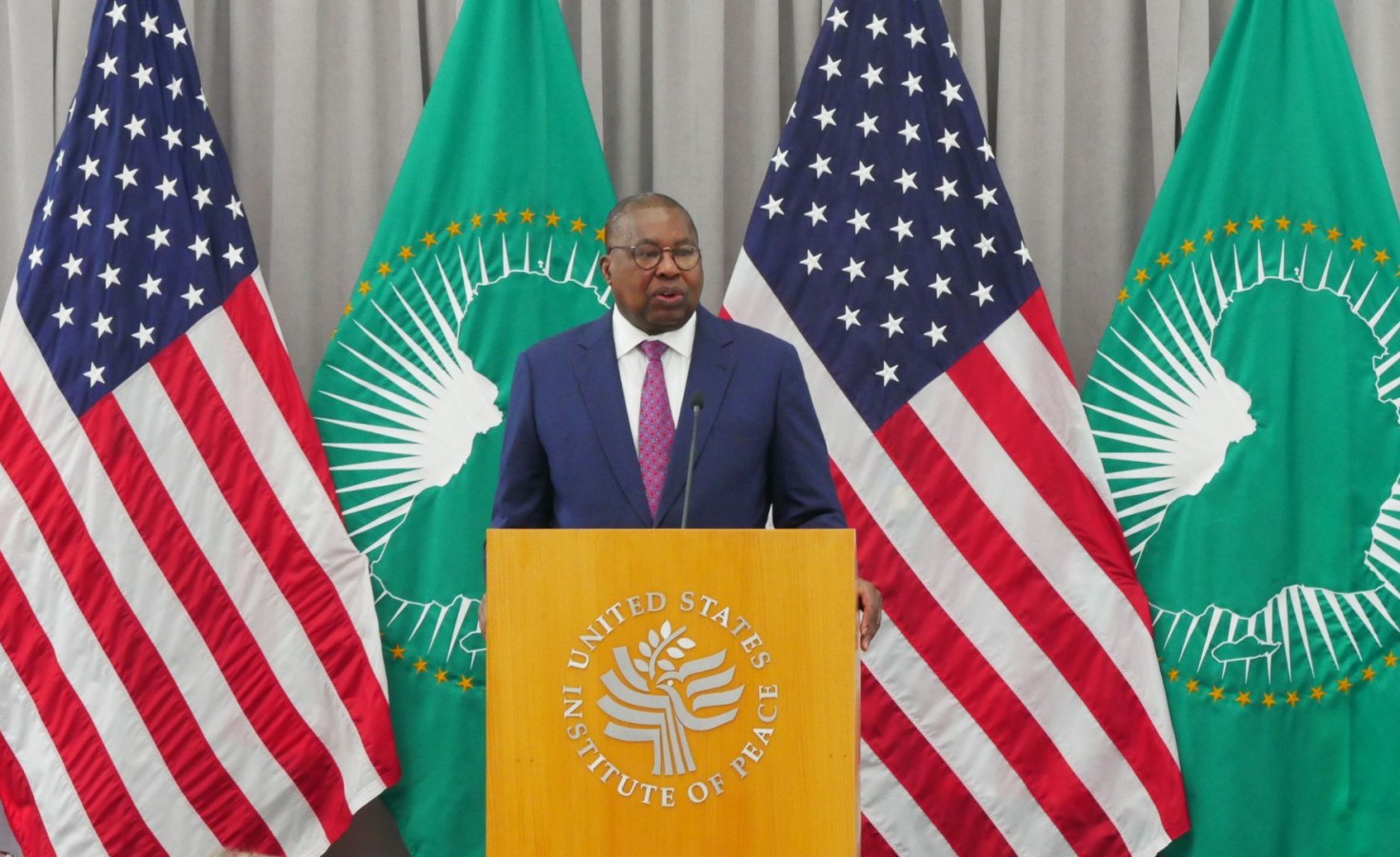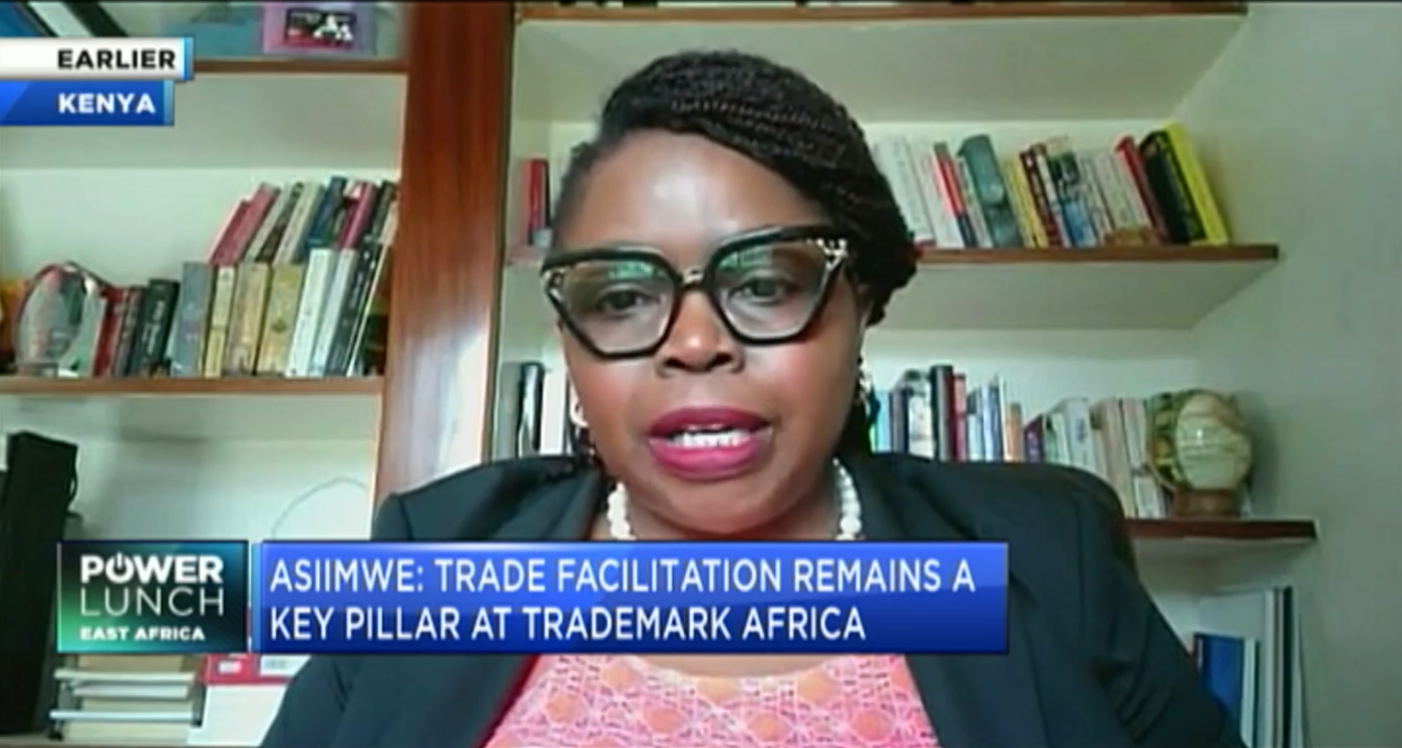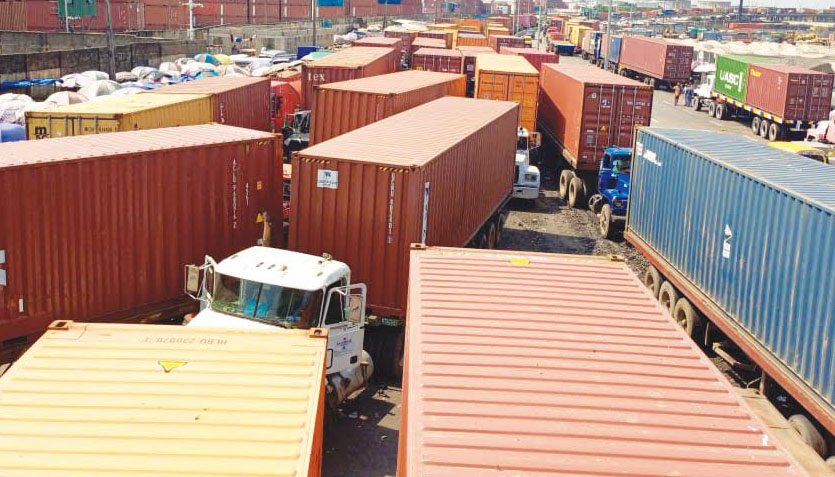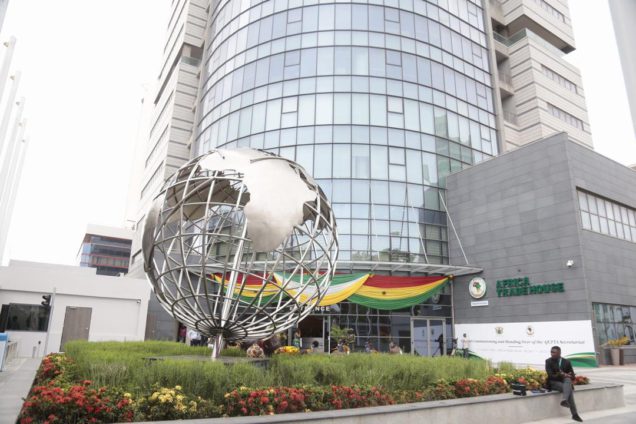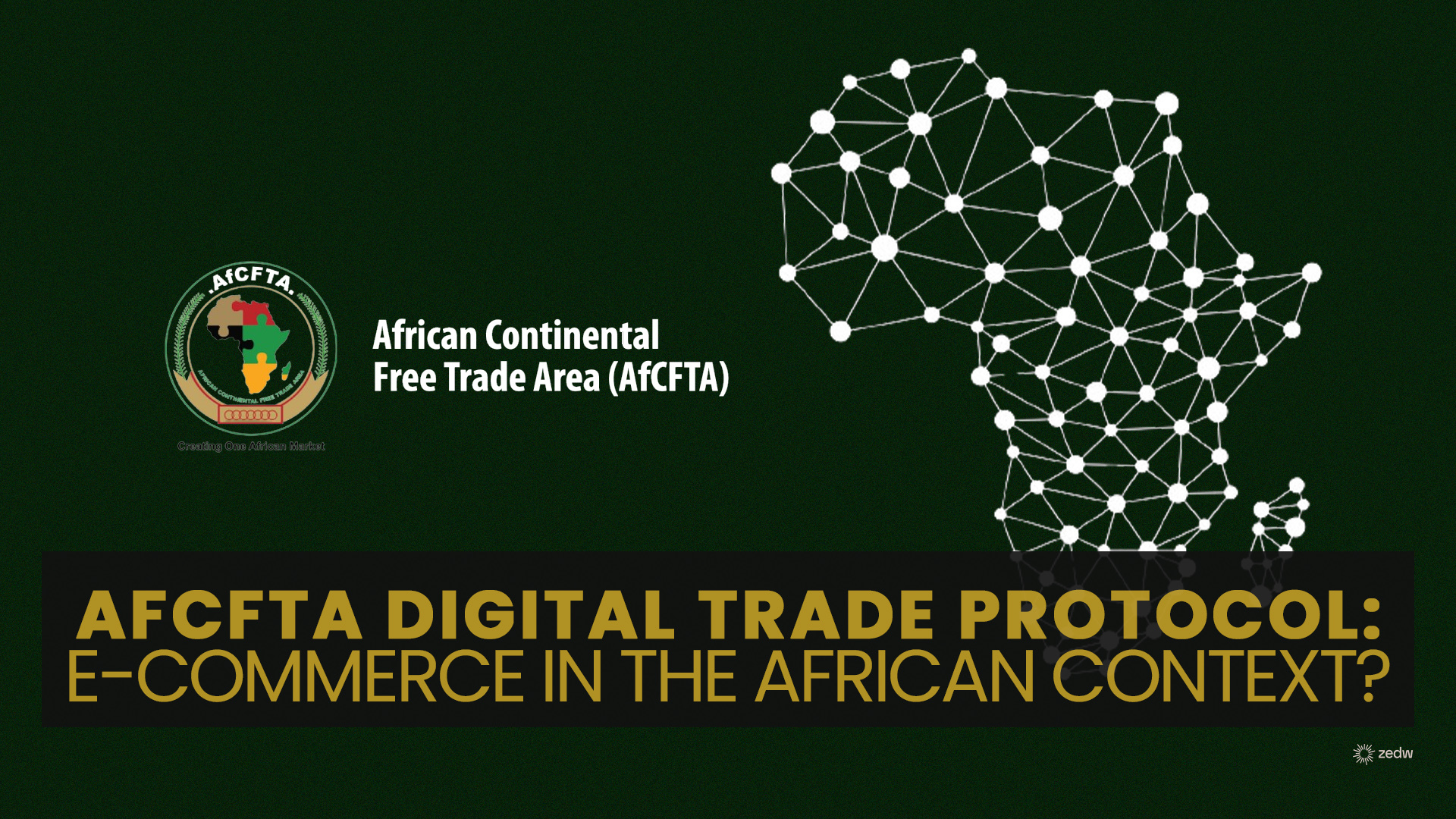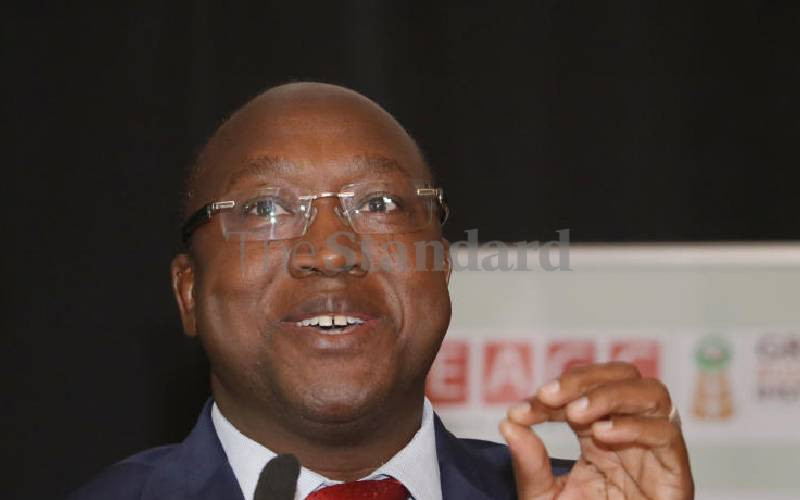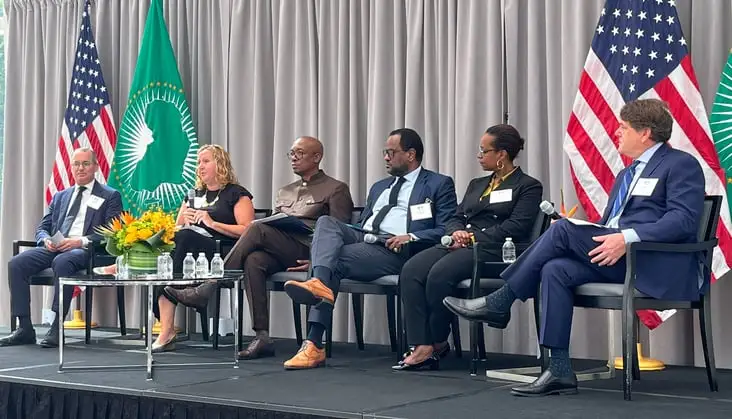Les ministres africains responsables du commerce des pays éligibles à l'AGOA, unis dans leur quête de prospérité économique, ont appelé au renouvellement et au renforcement de l'AGOA lors du forum annuel 2024 de l'AGOA qui s'est tenu à Washington DC du 24 au 26 juillet. Reconnaissant le potentiel de la Zone de libre-échange continentale africaine (AfCFTA) pour stimuler le commerce intra-africain, les ministres ont exhorté les États-Unis à permettre le cumul avec tous les signataires de l'AfCFTA afin de renforcer les complémentarités entre l'AGOA et l'AfCFTA. Afin de maximiser les avantages des deux accords, les ministres ont proposé d'améliorer l'accès au marché pour les produits africains dans des secteurs tels que l'agriculture, le textile et les minéraux. Ils ont également plaidé en faveur d'un soutien accru aux petites et moyennes entreprises, d'initiatives de renforcement des capacités et de règles d'origine flexibles afin de stimuler la création de valeur ajoutée en Afrique. Les ministres ont également encouragé les États-Unis à investir dans les chaînes de valeur africaines en s'approvisionnant en minéraux essentiels et en les transformant à la source sur le continent. Cette approche, conforme à la loi sur la réduction de l'inflation, peut favoriser la création d'emplois et la croissance économique en Afrique tout en garantissant des approvisionnements essentiels pour les États-Unis. Voici quelques points clés de la lecture des ministres africains sur la façon dont les pays africains peuvent bénéficier de l'AGOA : Renouvellement à long terme - Plaider pour un renouvellement d'au moins 16 ans afin d'assurer la...
L’Afrique recherche un partenariat gagnant-gagnant avec les États-Unis grâce au renforcement de l’AGOA
Posted on: August 9, 2024
Posted on: August 9, 2024

